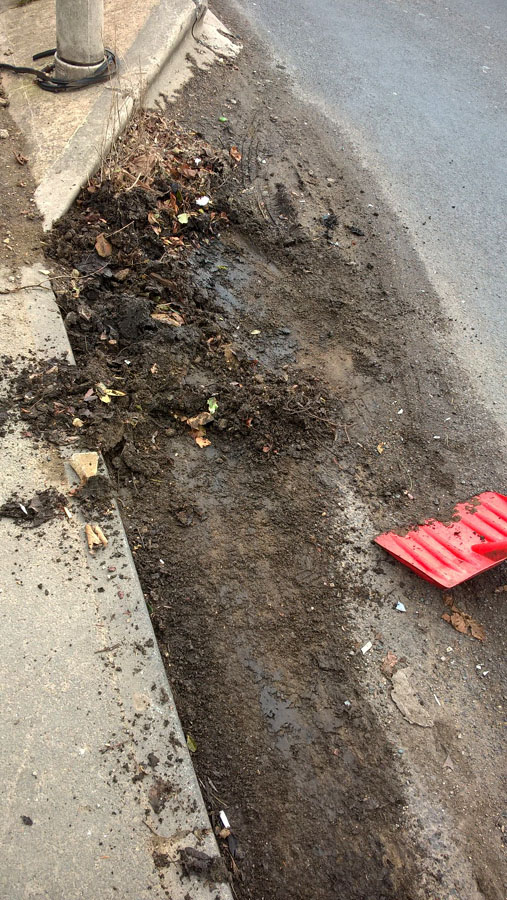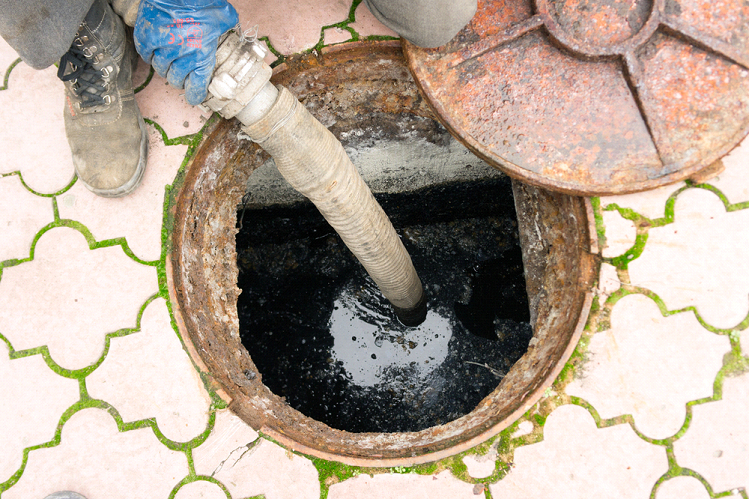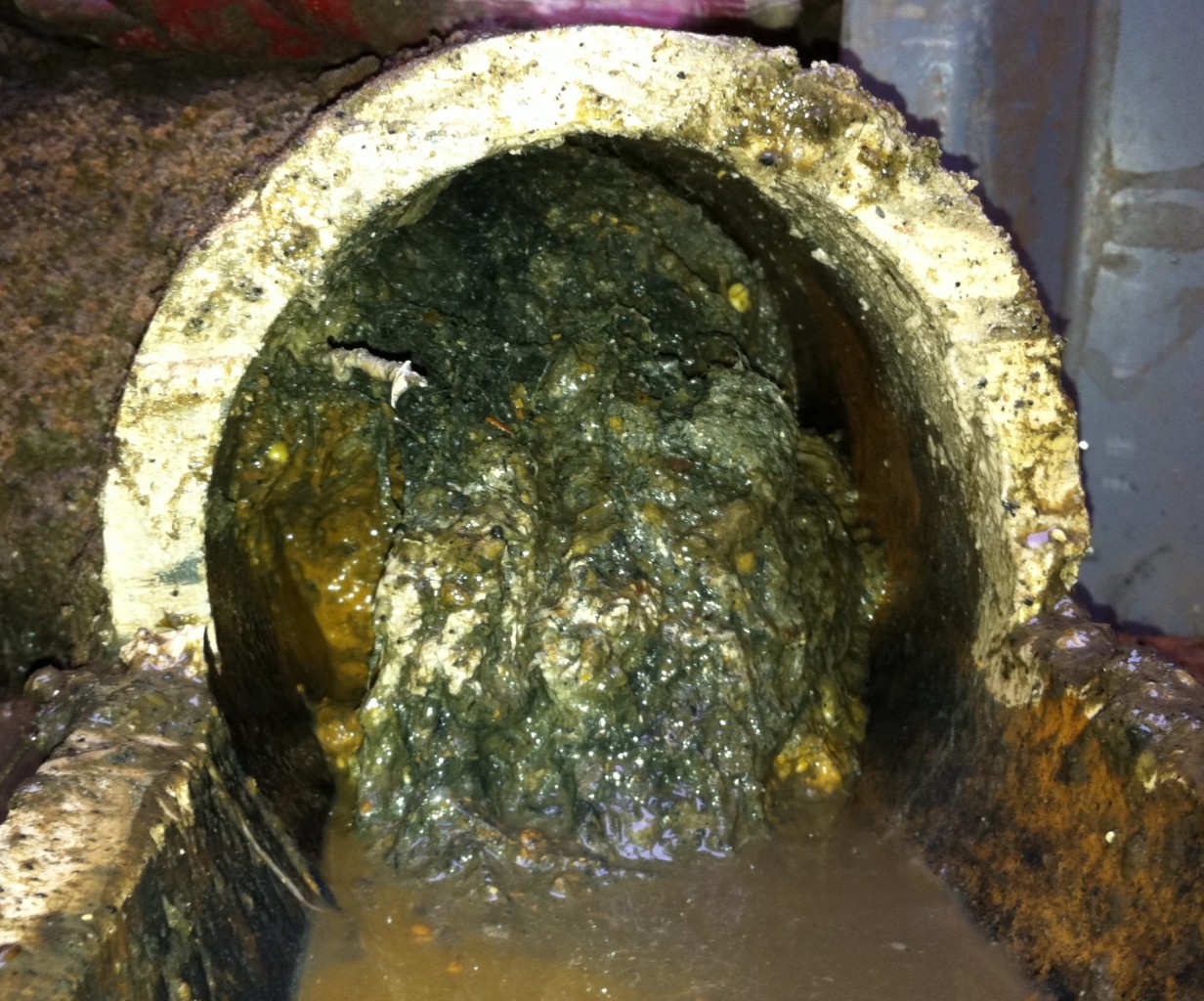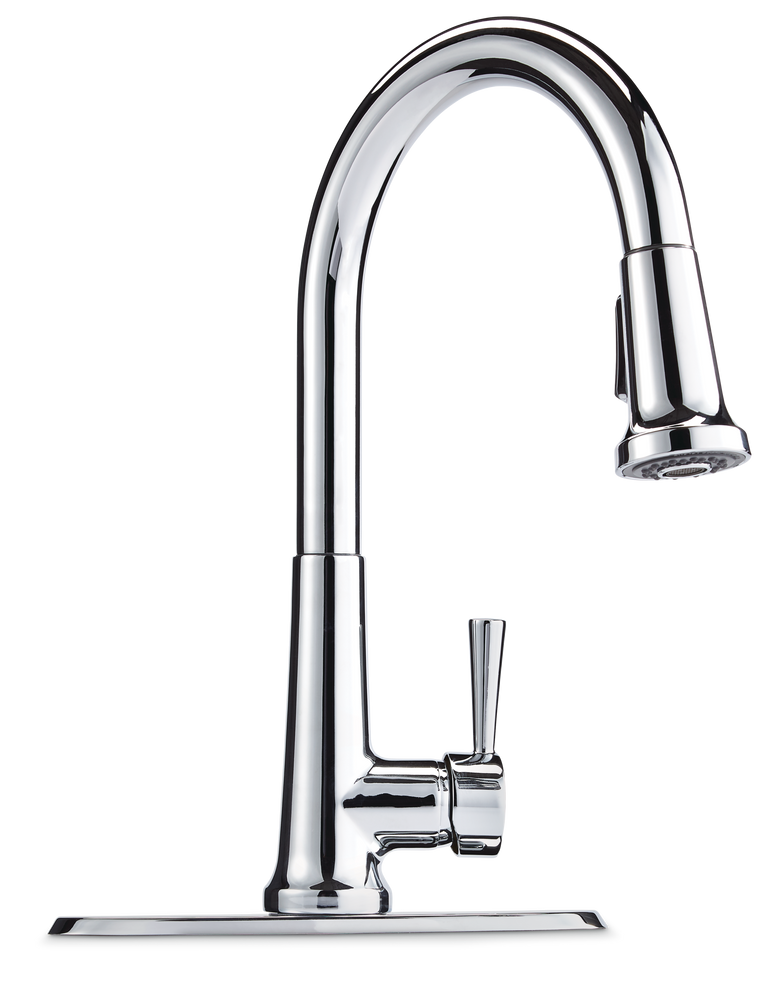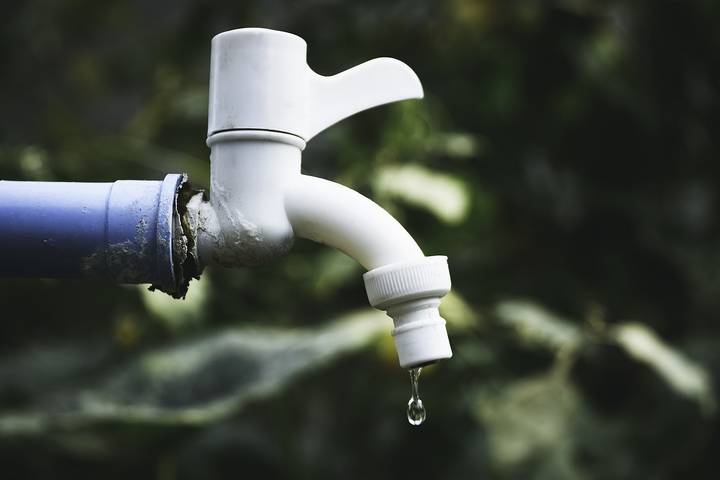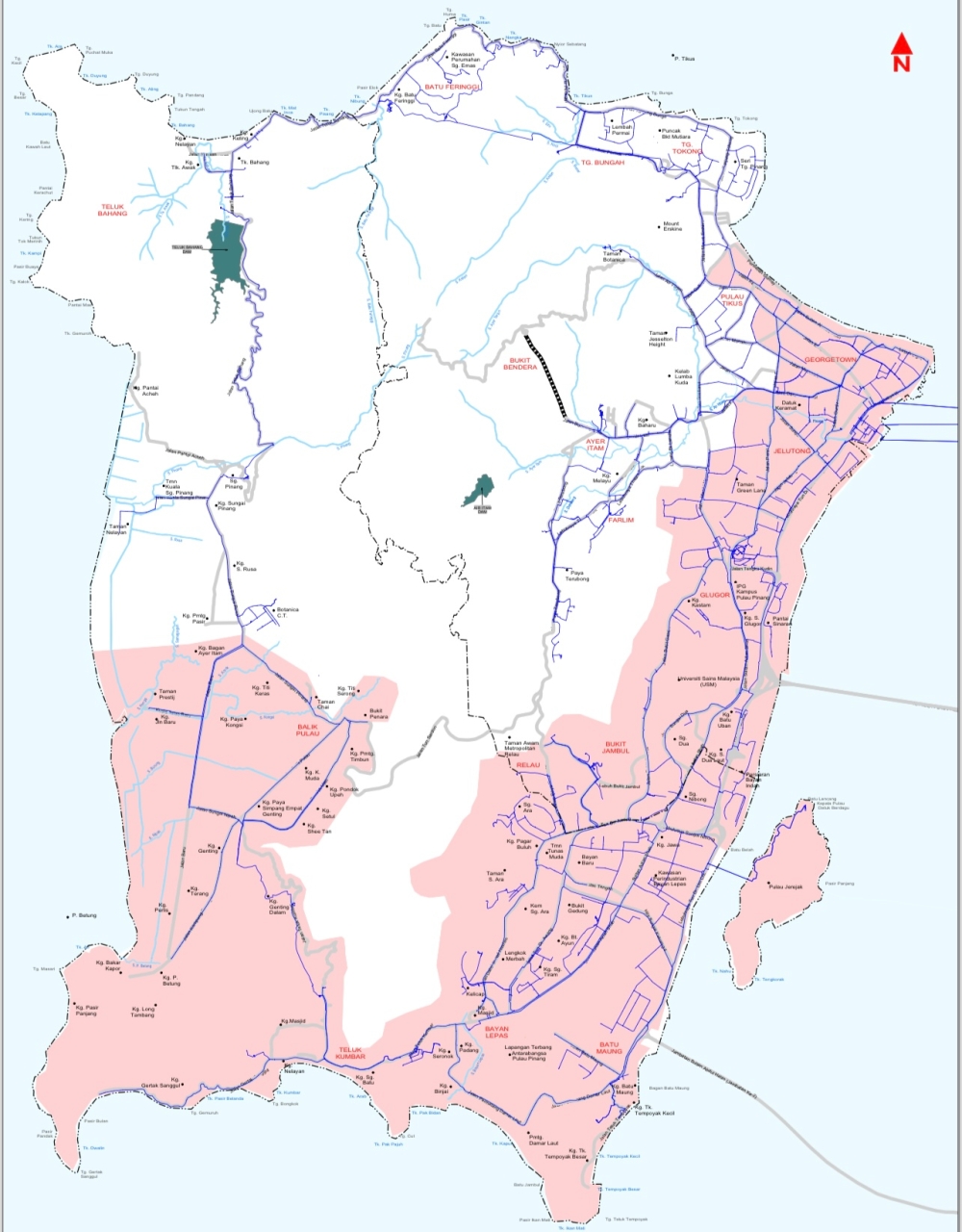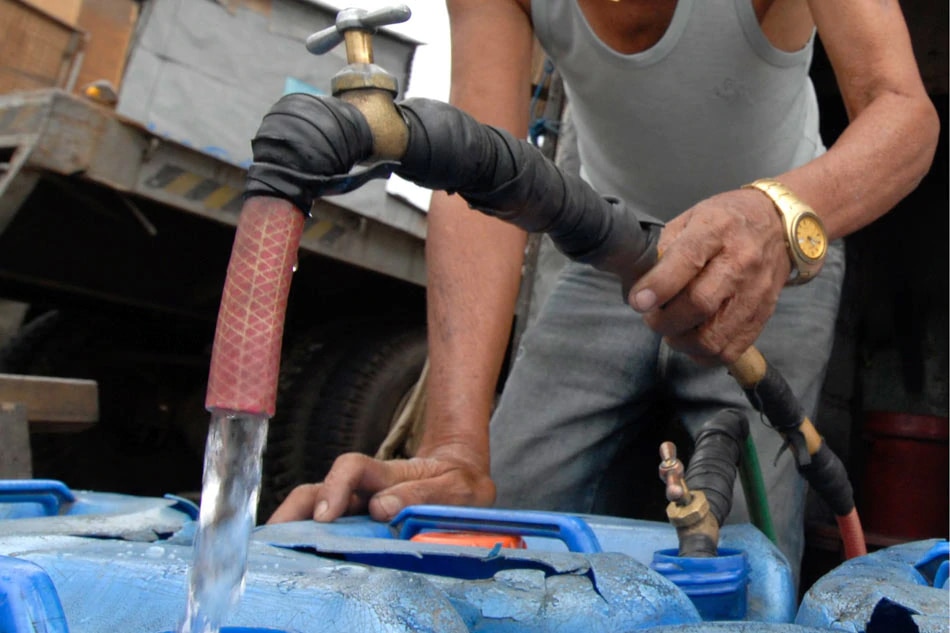One of the most common reasons for having no water in your kitchen sink and dishwasher is due to clogged pipes. This can happen when food particles, grease, or other debris build up in the pipes, causing a blockage. Clogged pipes can also occur due to mineral deposits or tree roots infiltrating the pipes. If you notice slow draining or gurgling sounds coming from your kitchen sink, it may be a sign of clogged pipes. To prevent this issue, be mindful of what you put down your sink and consider using a drain guard to catch any potential debris.1. Clogged Pipes
If you have no water coming out of your kitchen sink and dishwasher, it could be due to a broken water line. This can happen if the pipes are old and have deteriorated over time, or if there was a sudden change in water pressure. A broken water line can also occur due to natural disasters such as earthquakes or heavy storms. If you suspect a broken water line, it's important to contact a plumber right away to fix the issue.2. Broken Water Line
The shut-off valve is responsible for controlling the flow of water to your kitchen sink and dishwasher. If this valve is faulty or damaged, it can prevent water from reaching these appliances. This could be due to a build-up of sediment or a malfunction in the valve itself. To check if the shut-off valve is the issue, try turning it on and off a few times. If this doesn't work, you may need to replace the valve.3. Faulty Shut-Off Valve
Leaking pipes can also cause a disruption in water flow to your kitchen sink and dishwasher. Even a small leak can lead to a significant decrease in water pressure, making it difficult for these appliances to function properly. You may notice wet spots under your sink or a musty smell in your kitchen if you have leaking pipes. It's crucial to address this issue promptly to prevent further damage and potential health hazards.4. Leaking Pipes
In colder climates, frozen pipes are a common problem that can result in no water to your kitchen sink and dishwasher. When water freezes, it expands and can cause pipes to burst or become blocked. If you suspect frozen pipes, it's important to act fast to prevent further damage. You can try thawing the pipes with a hairdryer, but it's best to call a professional plumber to properly handle the situation.5. Frozen Pipes
If you're experiencing low water pressure in your kitchen sink and dishwasher, it could be due to water pressure issues. This can occur if there is a problem with the main water supply or if the pipes are not properly sized for your home's water needs. It's important to address water pressure issues to ensure your appliances are functioning correctly and to avoid potential damage to your pipes.6. Water Pressure Issues
If your kitchen sink is receiving water, but your dishwasher is not, it could be due to a faulty dishwasher connection. This can happen if the water supply line is improperly connected or if there is a clog in the line. It's essential to check the dishwasher connection regularly to ensure it is functioning correctly and to prevent any potential leaks or malfunctions.7. Faulty Dishwasher Connection
A blocked drain can also prevent water from reaching your kitchen sink and dishwasher. This can occur due to a build-up of food particles, grease, or other debris in the drain. If you notice water pooling in your sink or if it is draining slowly, it may be a sign of a blocked drain. You can try using a plunger or a drain snake to remove the blockage, but it's best to consult a plumber for persistent or severe blockages.8. Blocked Drain
If water isn't reaching your kitchen sink, it could be due to a malfunctioning faucet. This can happen if the faucet is old and worn out or if there is a problem with the internal mechanisms. You may also notice dripping from the faucet when it's turned off. It's best to have a plumber inspect the faucet and replace any faulty parts to ensure your sink is receiving an adequate water supply.9. Malfunctioning Faucet
Lastly, if you have no water to your kitchen sink and dishwasher, it could simply be due to a water supply interruption. This can happen if there is a problem with the main water line, such as maintenance or repairs being done. You can check with your local water company to see if there are any known interruptions in your area. If not, it may be a problem with your home's water supply, and you should contact a plumber to investigate. In conclusion, a lack of water to your kitchen sink and dishwasher can be caused by various issues, from clogged pipes to water supply interruptions. It's essential to address these issues promptly to ensure your appliances are functioning correctly and to prevent potential damage to your home's plumbing system. If you're unsure of the cause of the problem, it's best to consult a professional plumber for an accurate diagnosis and proper repair.10. Water Supply Interruption
The Importance of Proper Water Supply in a House Design

Why Water is Essential for a Kitchen Sink and Dishwasher
 The kitchen is the heart of every home, and having access to clean, running water is crucial for its proper functioning. From washing dishes to cooking, water is used extensively in the kitchen, making it essential to have a reliable water supply. However, when the kitchen sink and dishwasher stop receiving water, it can cause a major inconvenience and disrupt daily routines. This is why proper water supply is a crucial consideration in any house design.
No Water to Kitchen Sink and Dishwasher
There are several reasons why a kitchen sink and dishwasher may not have access to water. One of the most common reasons is a malfunctioning water supply line or valve. These valves control the flow of water to different fixtures in the house, including the kitchen sink and dishwasher. If the valve is faulty, it can cause a complete blockage of water, resulting in no water supply to these essential appliances.
Another reason for no water supply could be clogging in the pipes. Over time, debris and sediments can build up in the pipes, causing blockages and reducing water flow. This can result in a reduced supply of water to the kitchen sink and dishwasher, making it difficult to carry out daily tasks efficiently.
The kitchen is the heart of every home, and having access to clean, running water is crucial for its proper functioning. From washing dishes to cooking, water is used extensively in the kitchen, making it essential to have a reliable water supply. However, when the kitchen sink and dishwasher stop receiving water, it can cause a major inconvenience and disrupt daily routines. This is why proper water supply is a crucial consideration in any house design.
No Water to Kitchen Sink and Dishwasher
There are several reasons why a kitchen sink and dishwasher may not have access to water. One of the most common reasons is a malfunctioning water supply line or valve. These valves control the flow of water to different fixtures in the house, including the kitchen sink and dishwasher. If the valve is faulty, it can cause a complete blockage of water, resulting in no water supply to these essential appliances.
Another reason for no water supply could be clogging in the pipes. Over time, debris and sediments can build up in the pipes, causing blockages and reducing water flow. This can result in a reduced supply of water to the kitchen sink and dishwasher, making it difficult to carry out daily tasks efficiently.
The Importance of Proper House Design for Water Supply
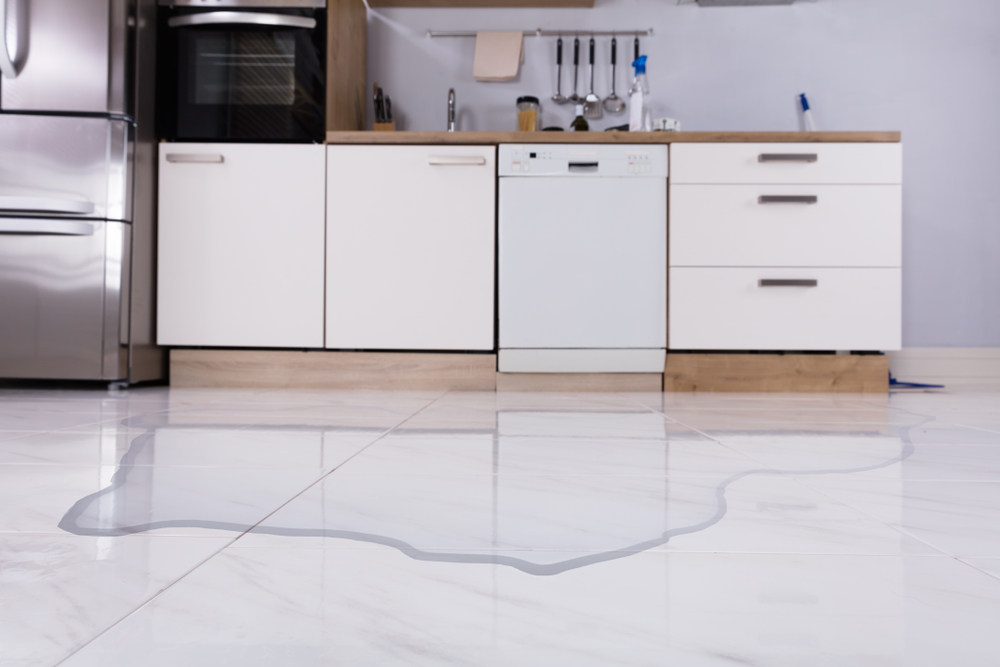 Having a well-designed house with a proper water supply system is crucial for ensuring a steady flow of water to all areas of the house. This includes the kitchen, where a reliable water supply is essential for daily tasks. A good house design takes into consideration the layout of the plumbing system, the placement of valves, and the materials used for the pipes. This ensures that the water supply is efficient and reliable, reducing the chances of any issues with water flow.
Proper Maintenance for a Steady Water Supply
Proper maintenance of the plumbing system is also essential for a steady water supply to the kitchen sink and dishwasher. Regularly checking and cleaning the valves, as well as clearing out any clogs in the pipes, can help prevent any disruptions in the water supply. It is also important to use high-quality pipes and fixtures in the plumbing system, as these are less likely to cause blockages and leaks.
Having a well-designed house with a proper water supply system is crucial for ensuring a steady flow of water to all areas of the house. This includes the kitchen, where a reliable water supply is essential for daily tasks. A good house design takes into consideration the layout of the plumbing system, the placement of valves, and the materials used for the pipes. This ensures that the water supply is efficient and reliable, reducing the chances of any issues with water flow.
Proper Maintenance for a Steady Water Supply
Proper maintenance of the plumbing system is also essential for a steady water supply to the kitchen sink and dishwasher. Regularly checking and cleaning the valves, as well as clearing out any clogs in the pipes, can help prevent any disruptions in the water supply. It is also important to use high-quality pipes and fixtures in the plumbing system, as these are less likely to cause blockages and leaks.
In Conclusion
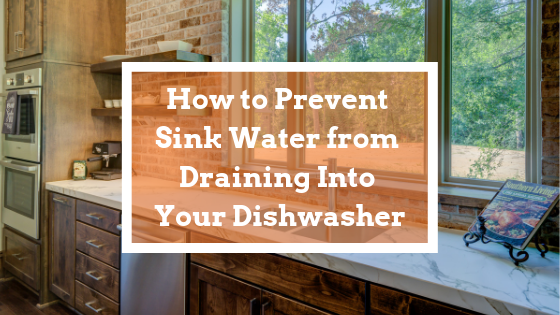 In conclusion, having a reliable water supply to the kitchen sink and dishwasher is crucial for the smooth functioning of a household. A well-designed house with a proper water supply system, as well as regular maintenance, can help ensure a steady flow of water to these essential appliances. By paying attention to these factors, homeowners can avoid the inconvenience of having no water to their kitchen sink and dishwasher.
In conclusion, having a reliable water supply to the kitchen sink and dishwasher is crucial for the smooth functioning of a household. A well-designed house with a proper water supply system, as well as regular maintenance, can help ensure a steady flow of water to these essential appliances. By paying attention to these factors, homeowners can avoid the inconvenience of having no water to their kitchen sink and dishwasher.



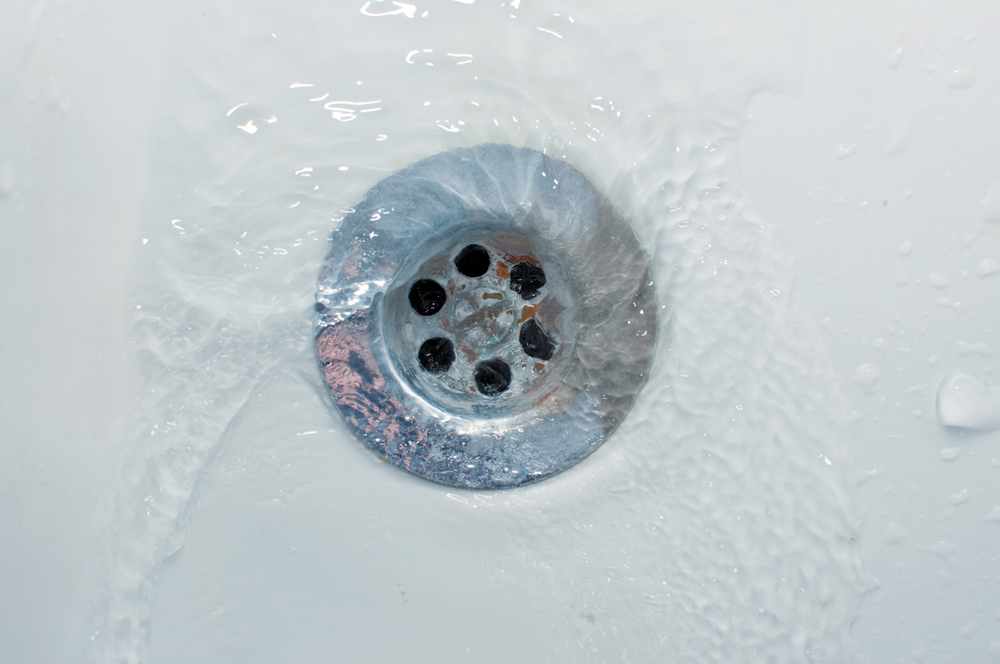










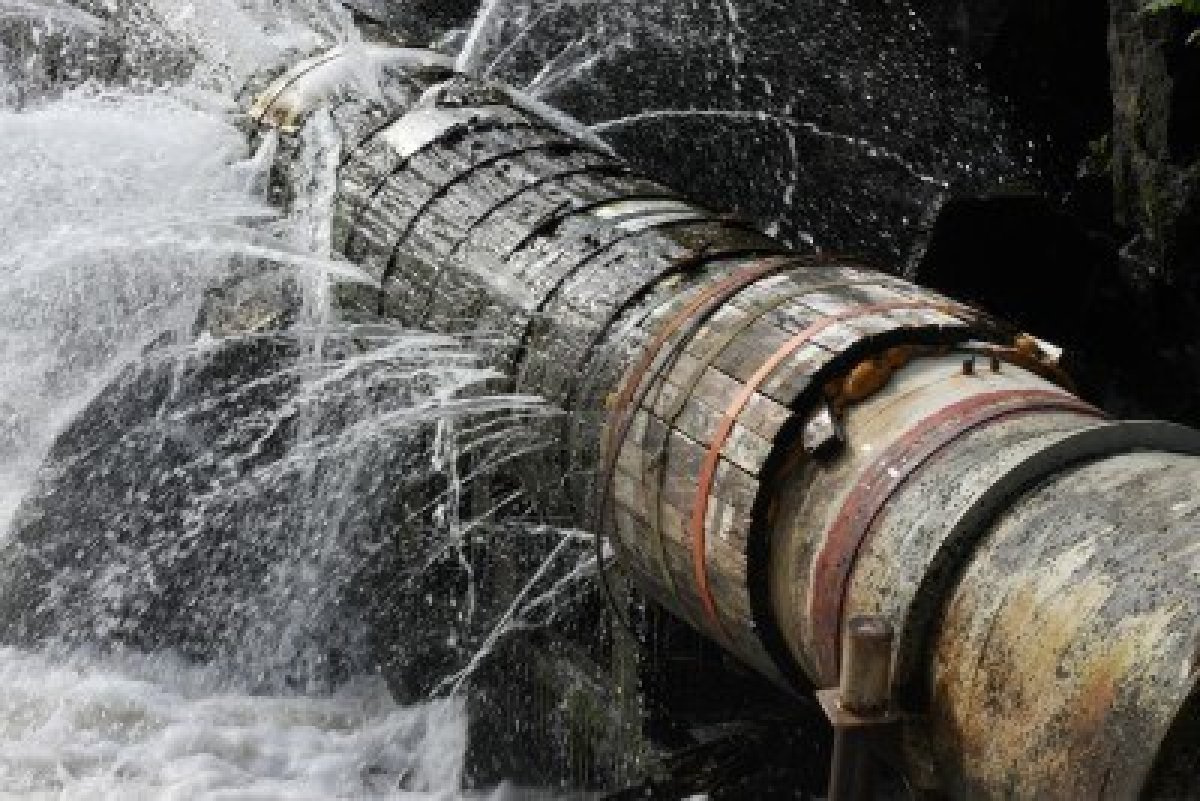





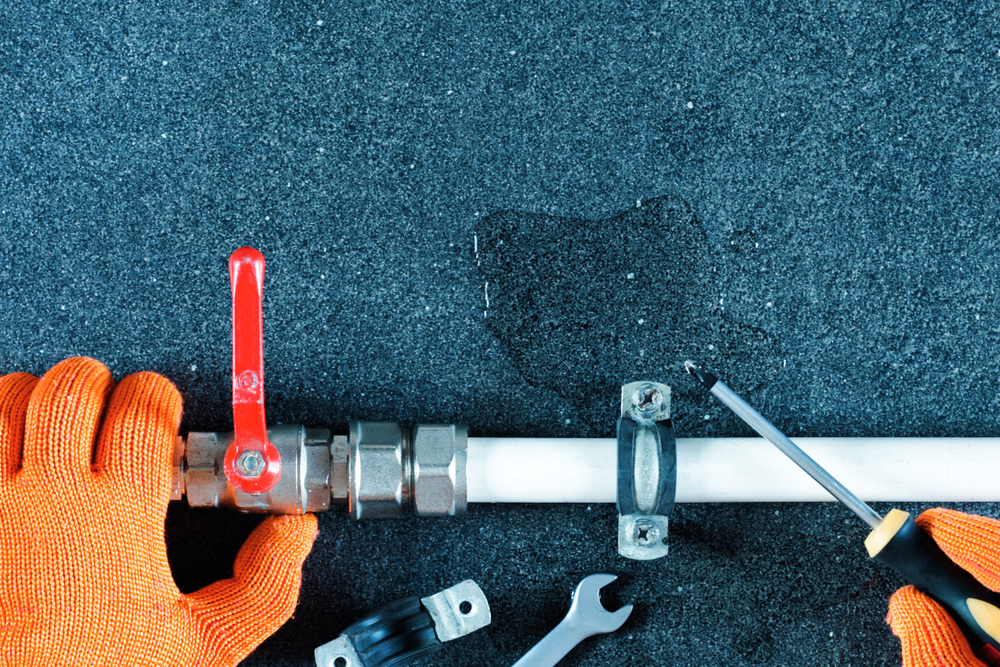
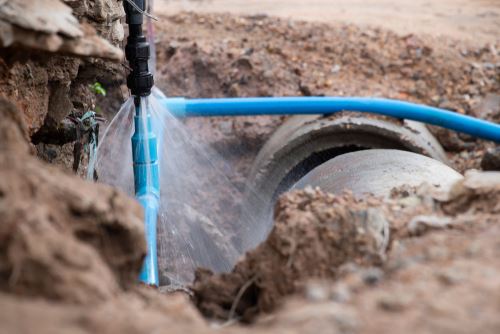





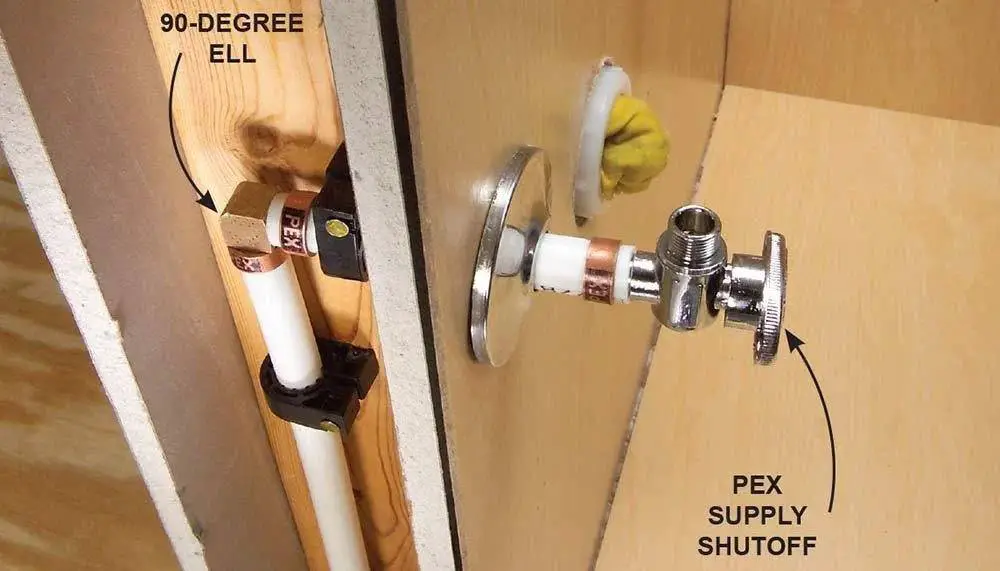
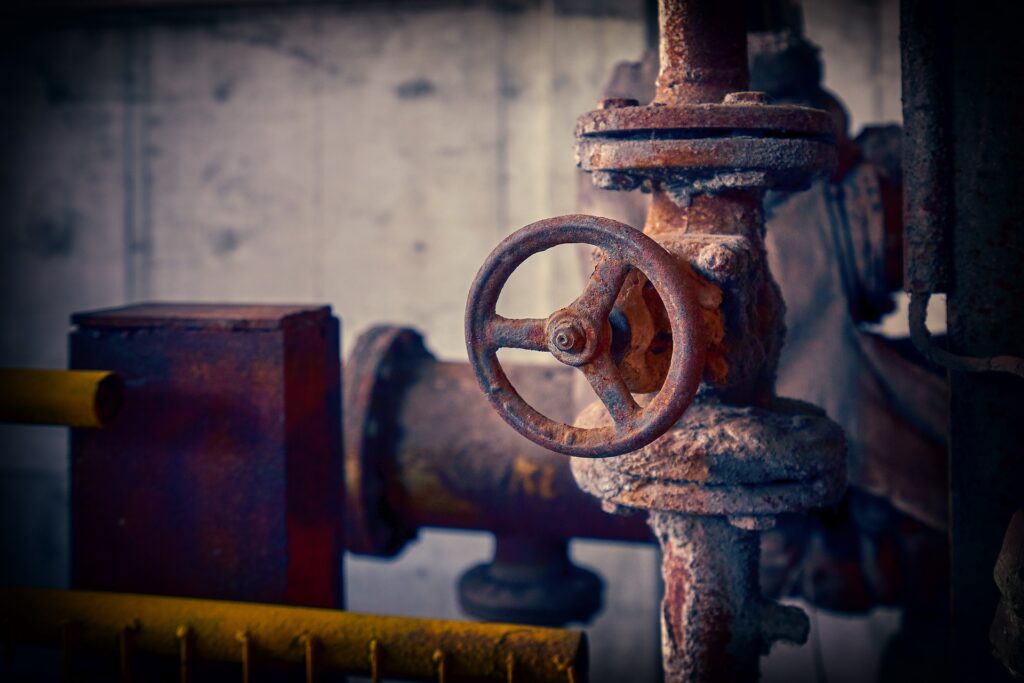

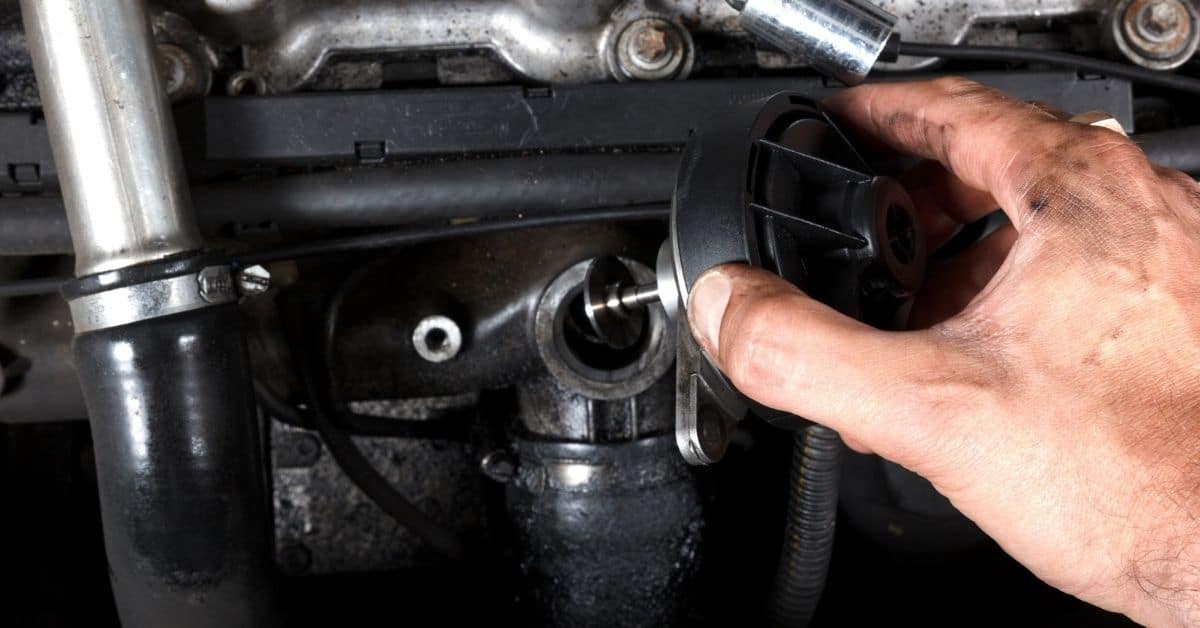

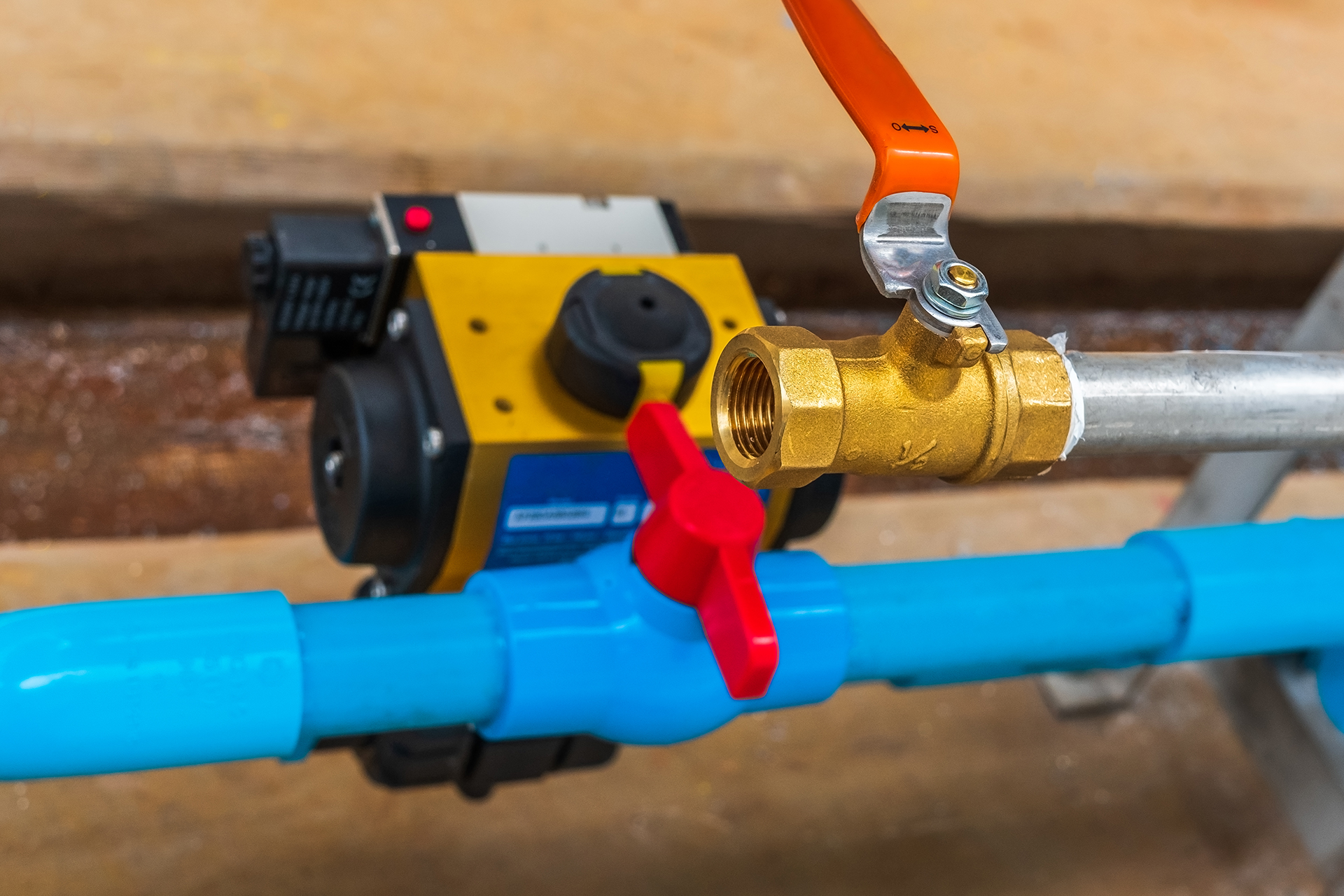


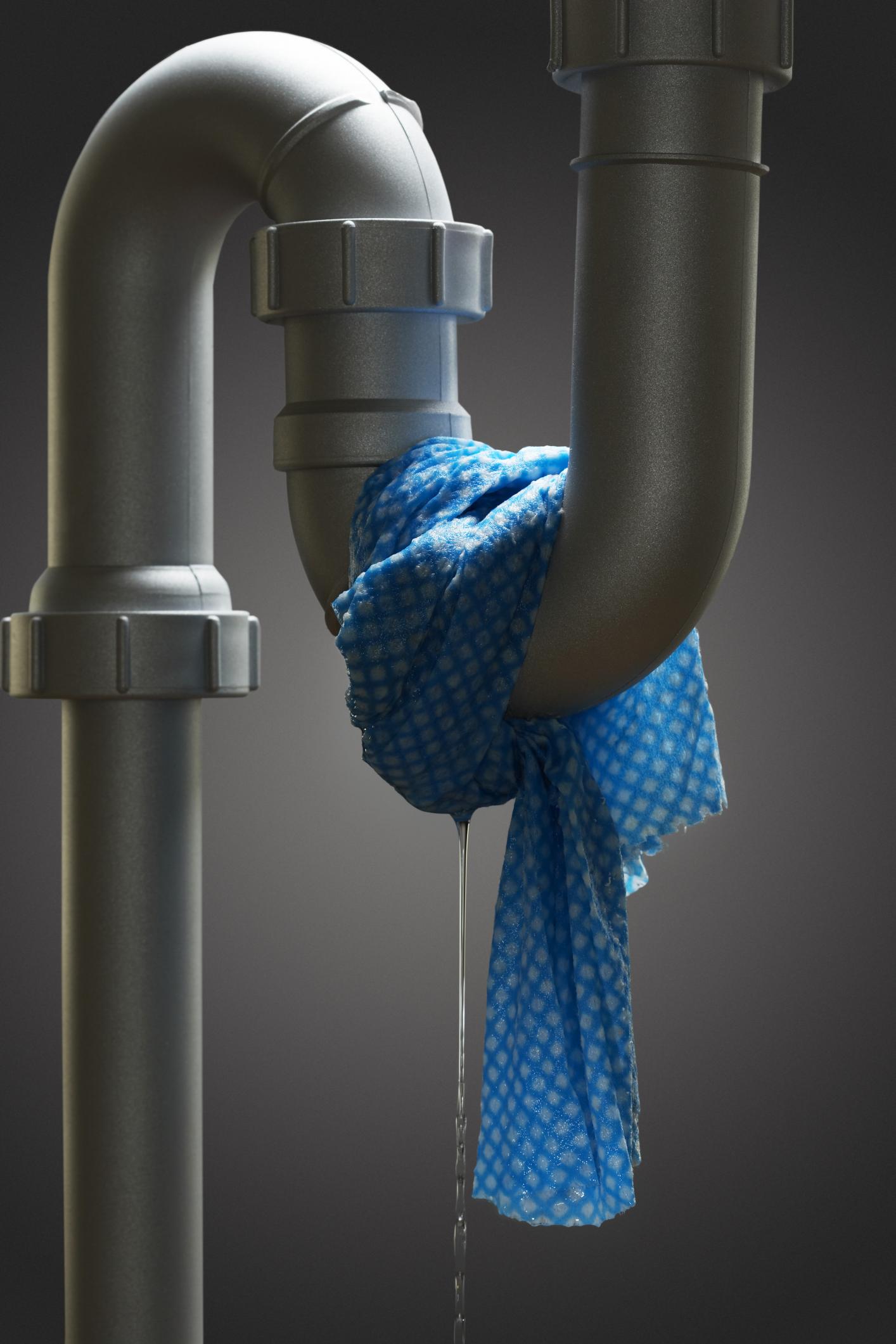
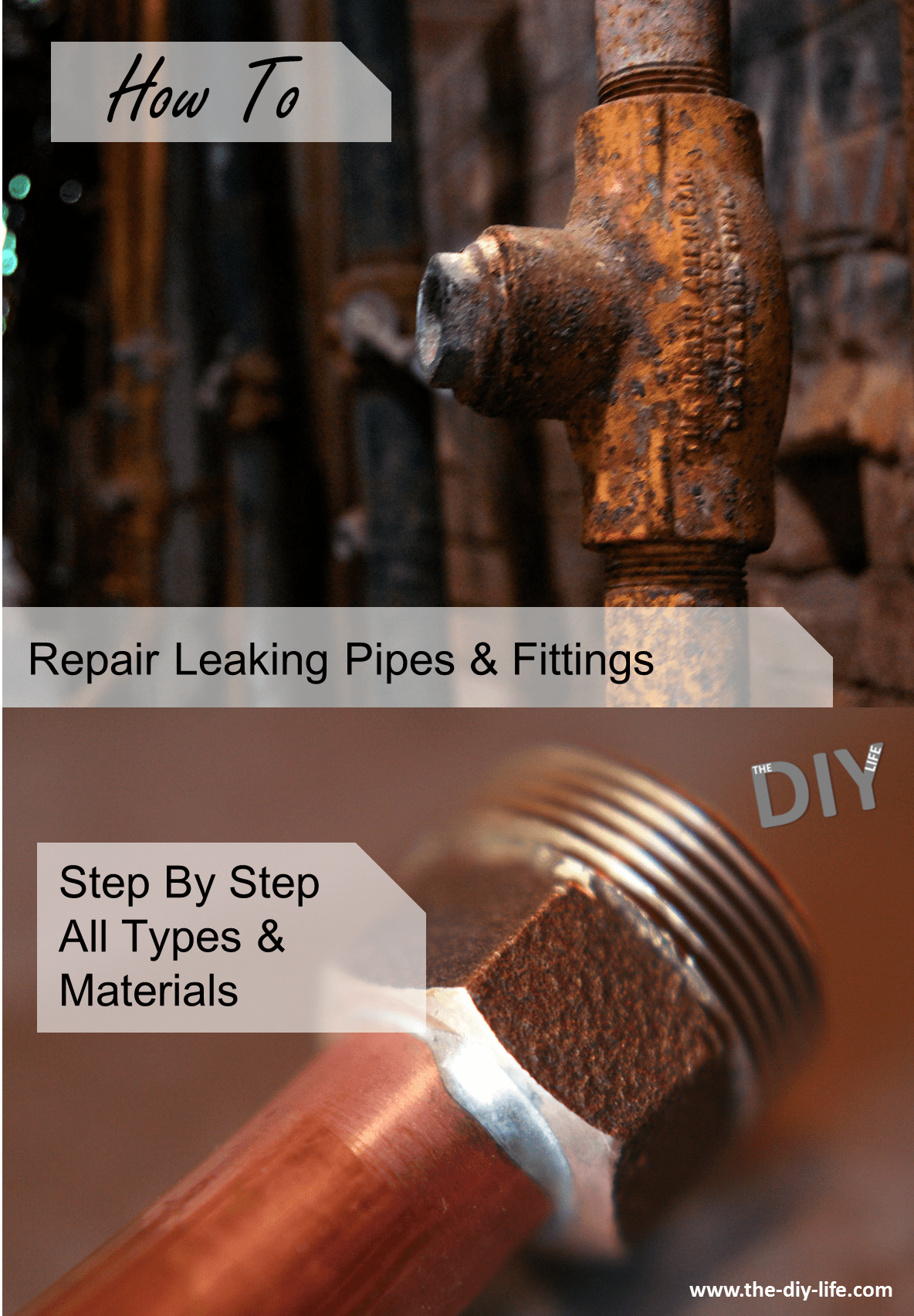

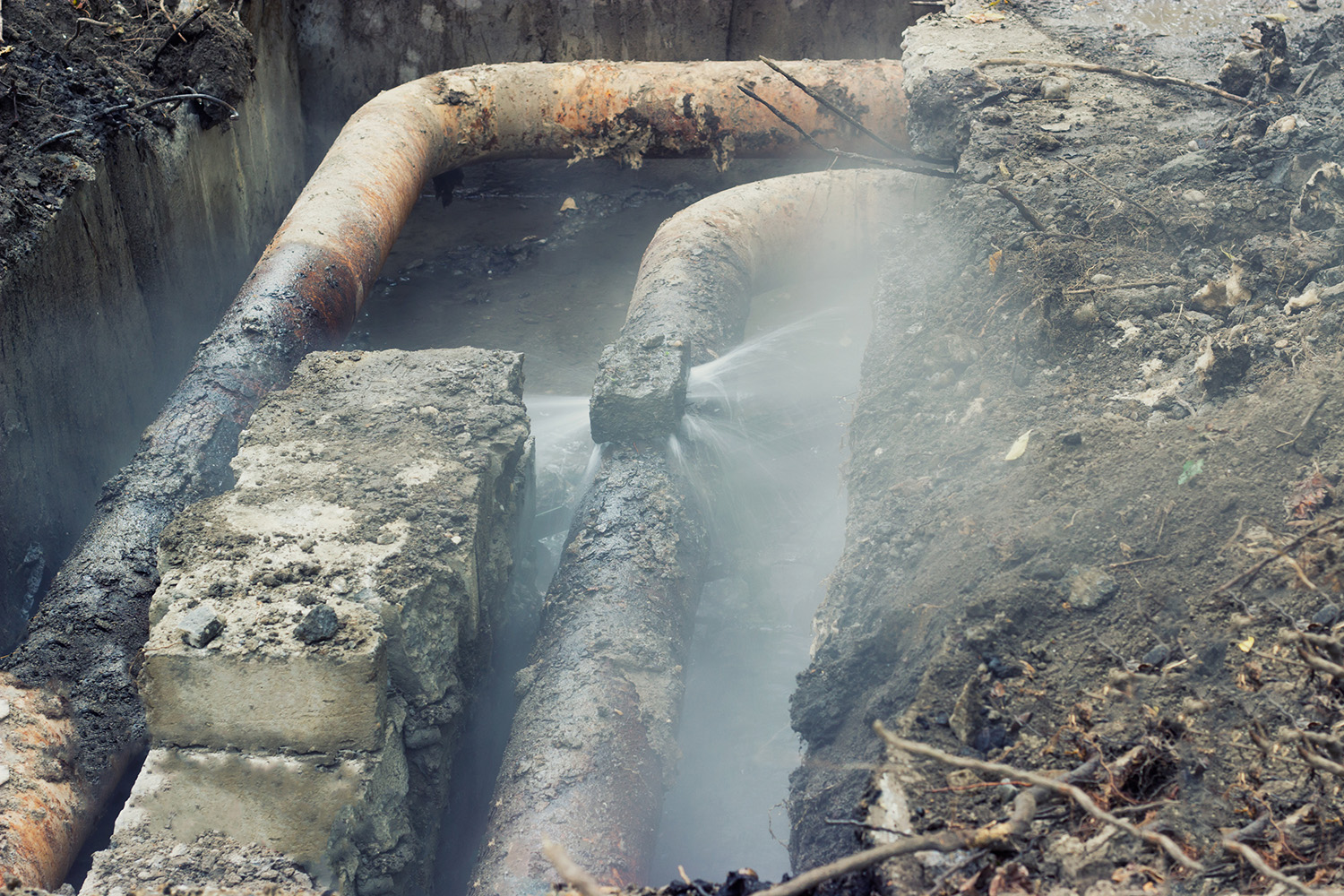
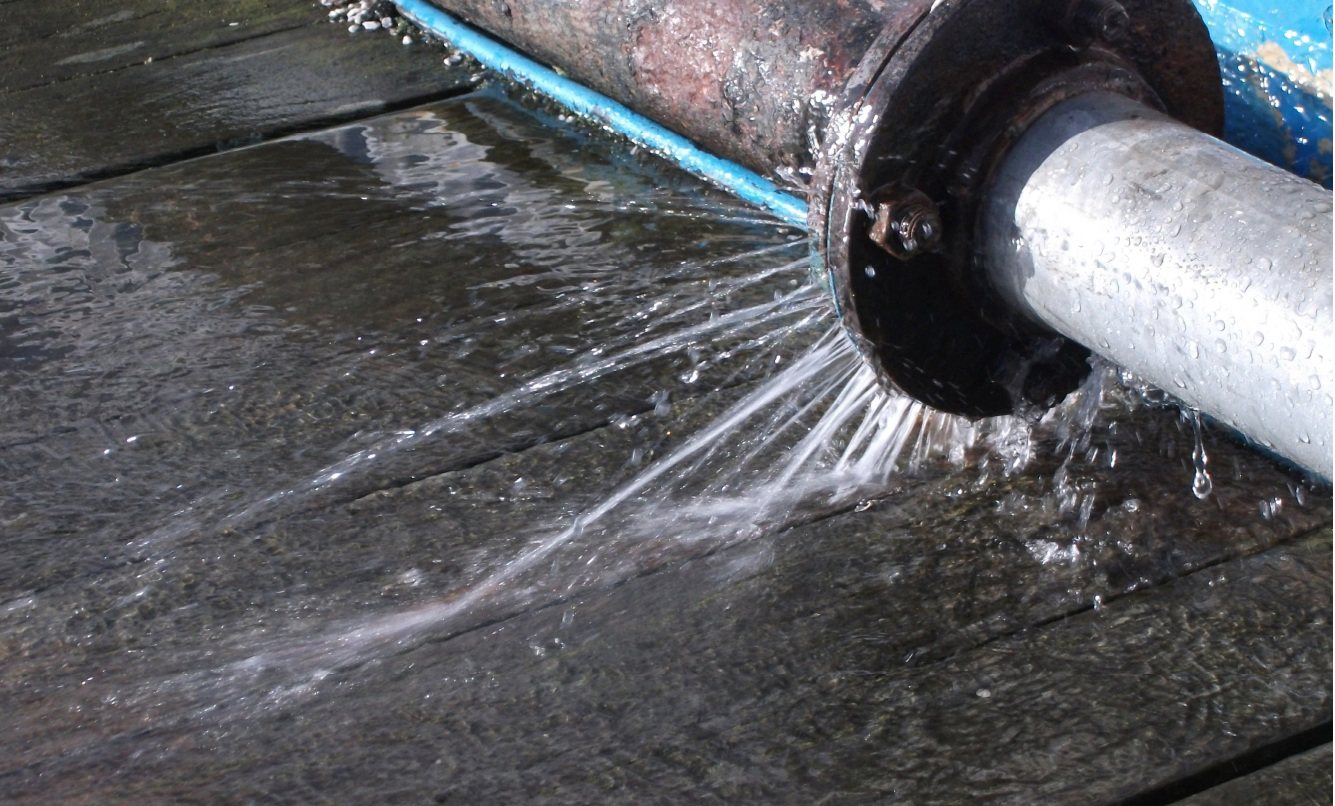


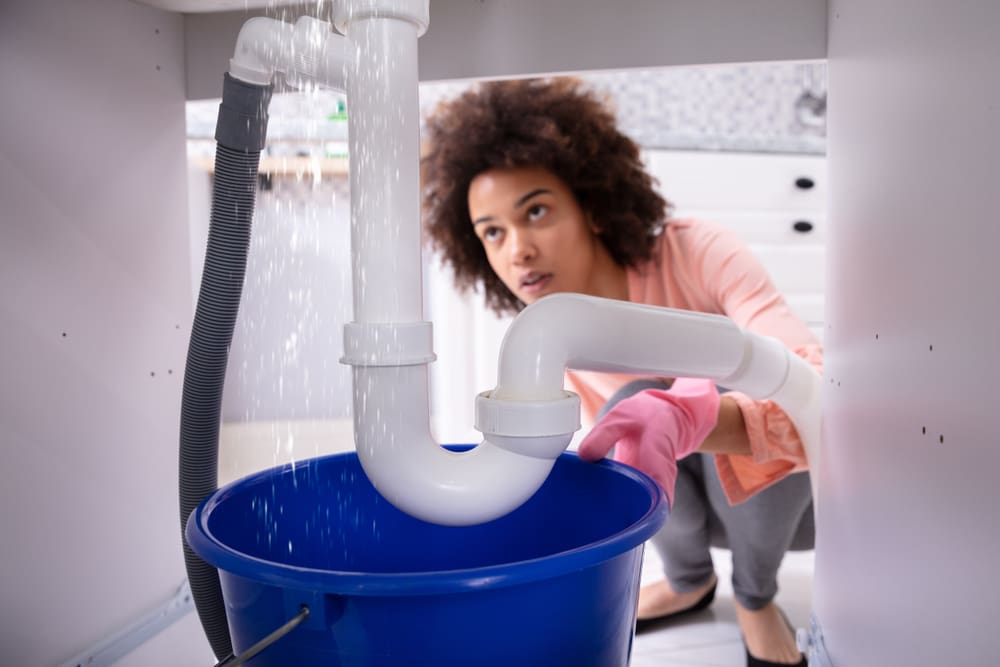
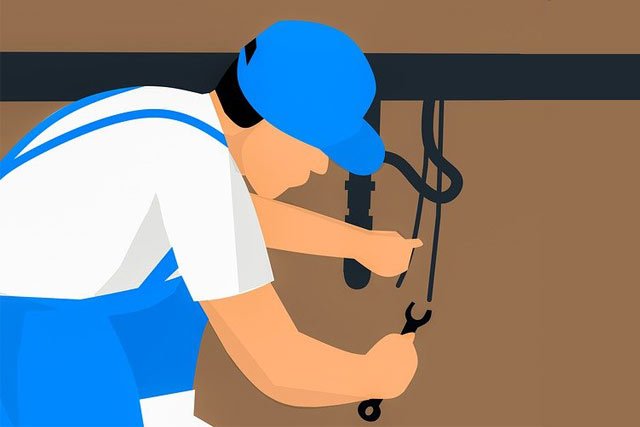
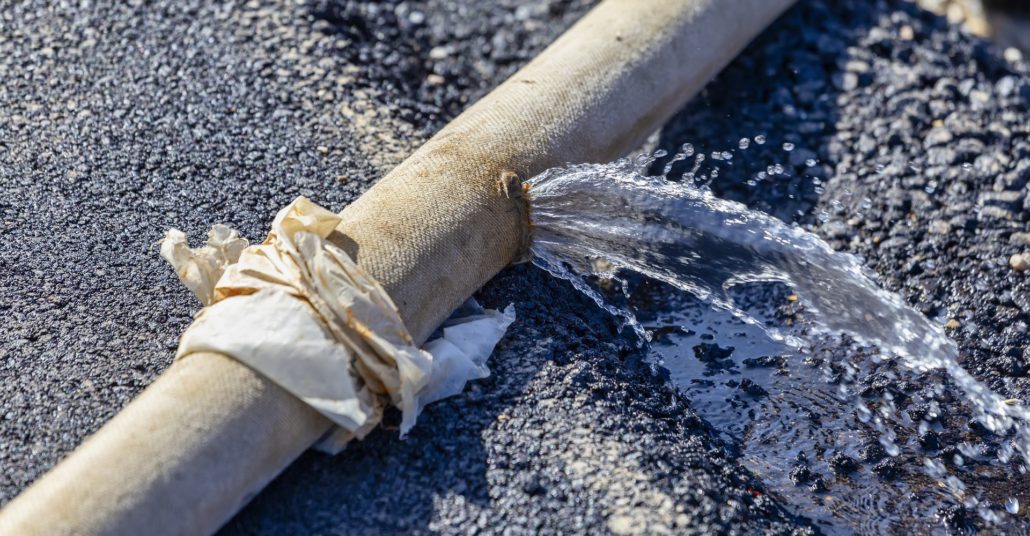
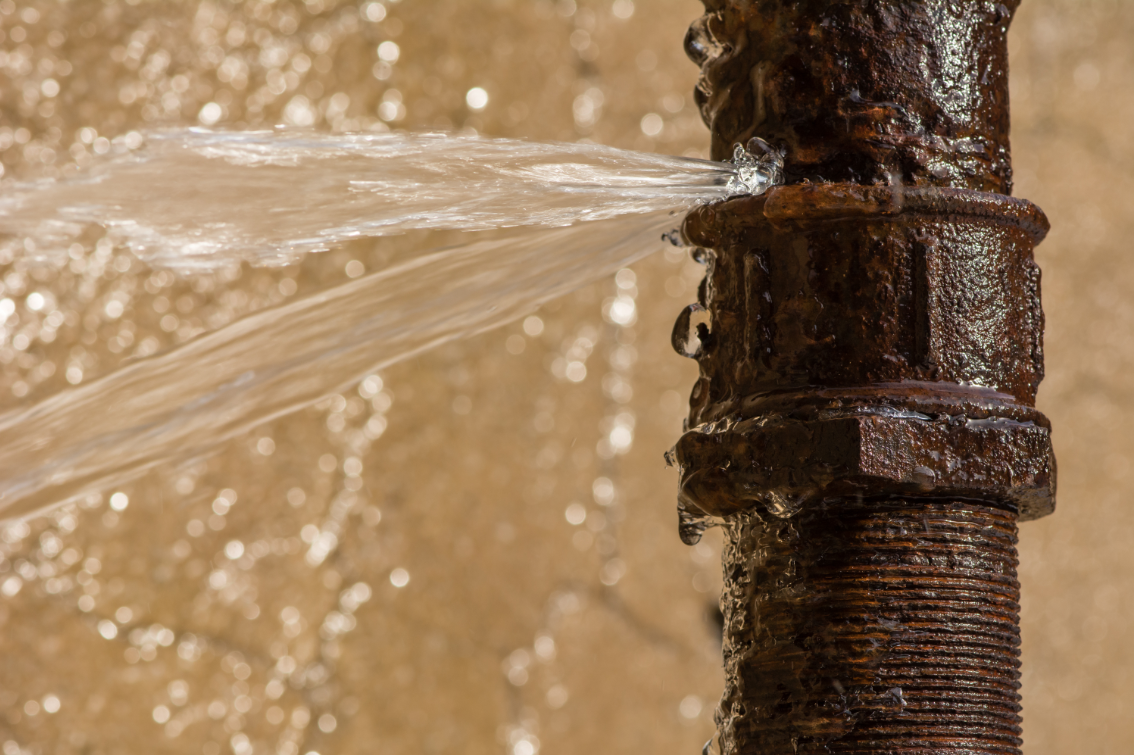





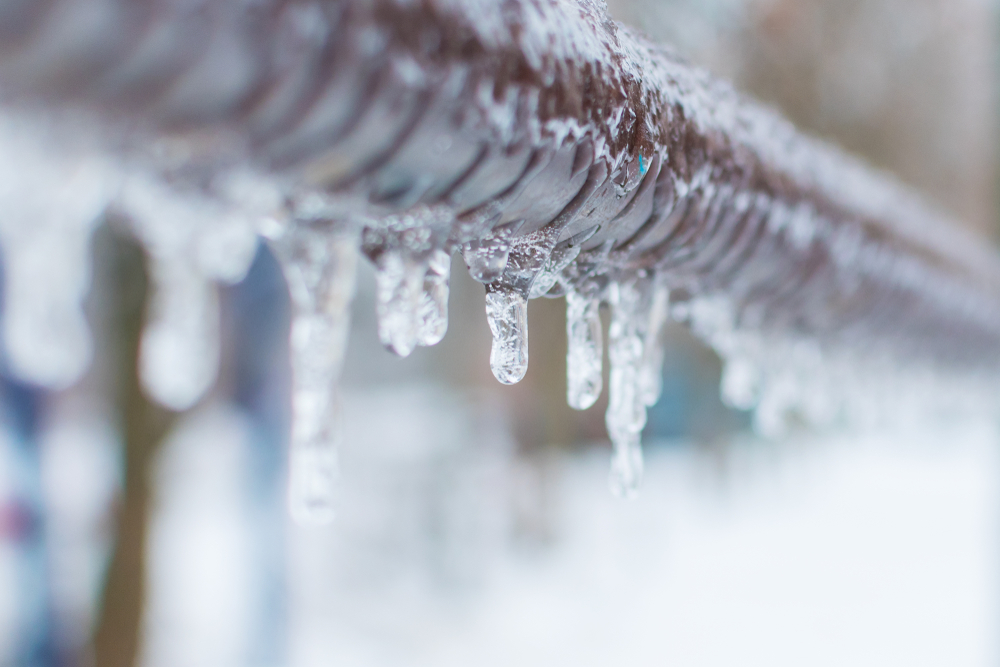









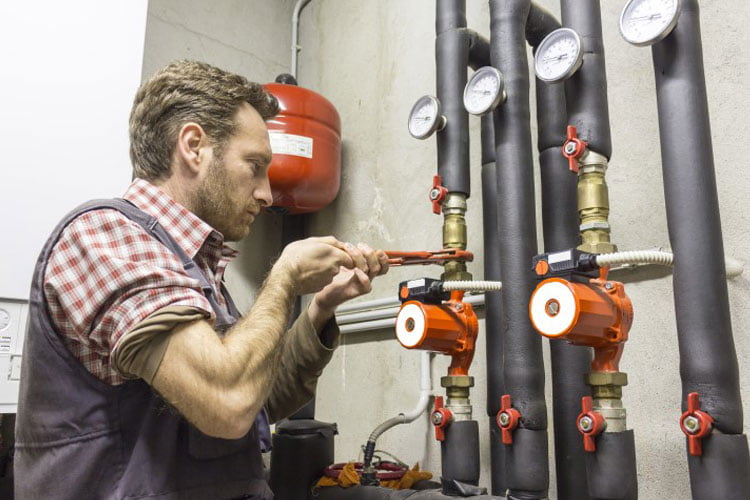
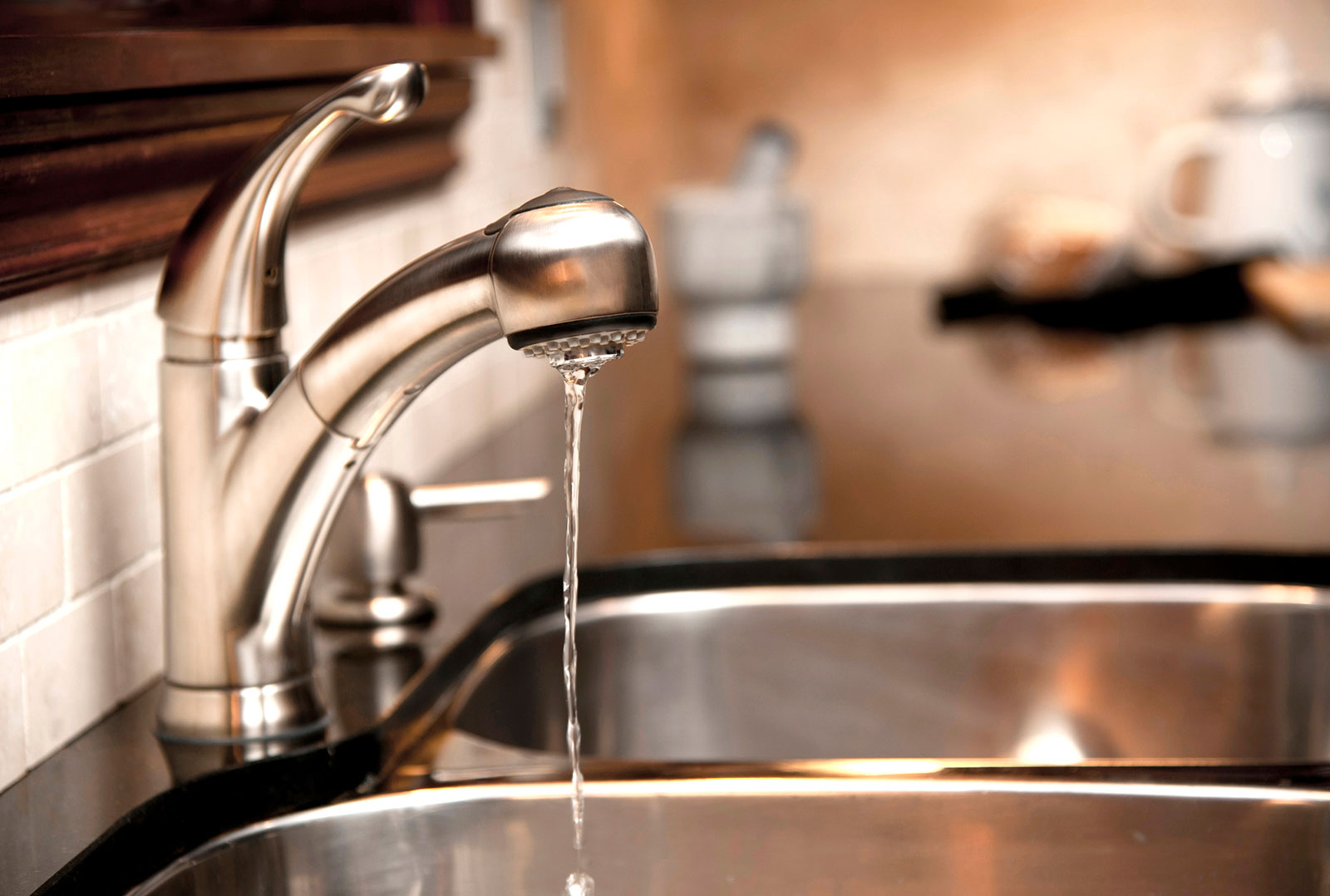
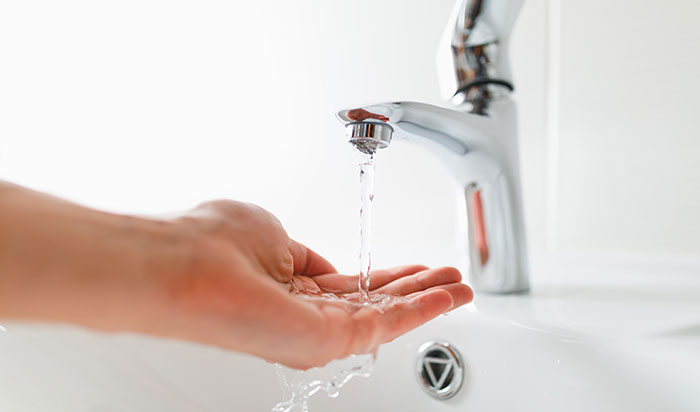
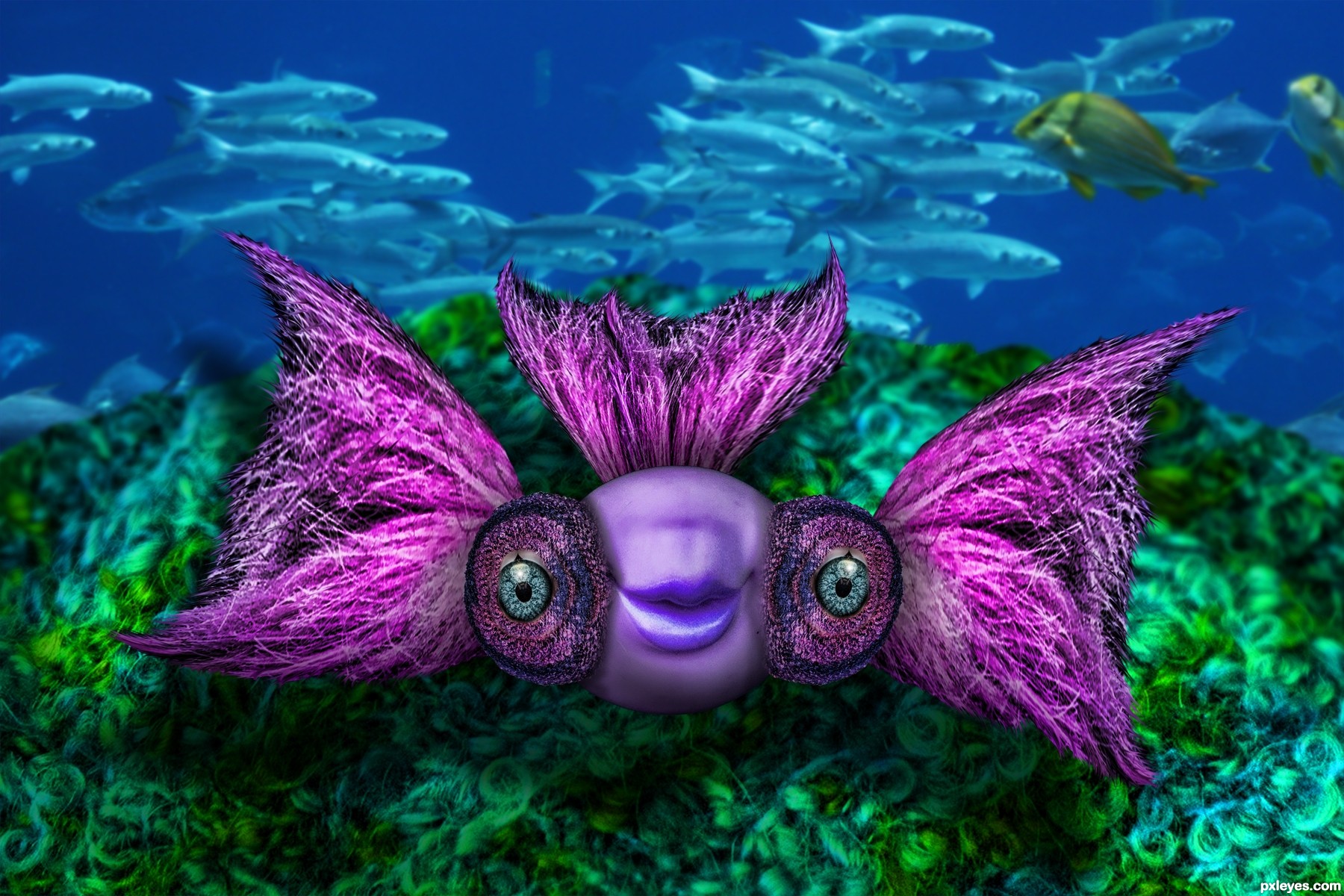







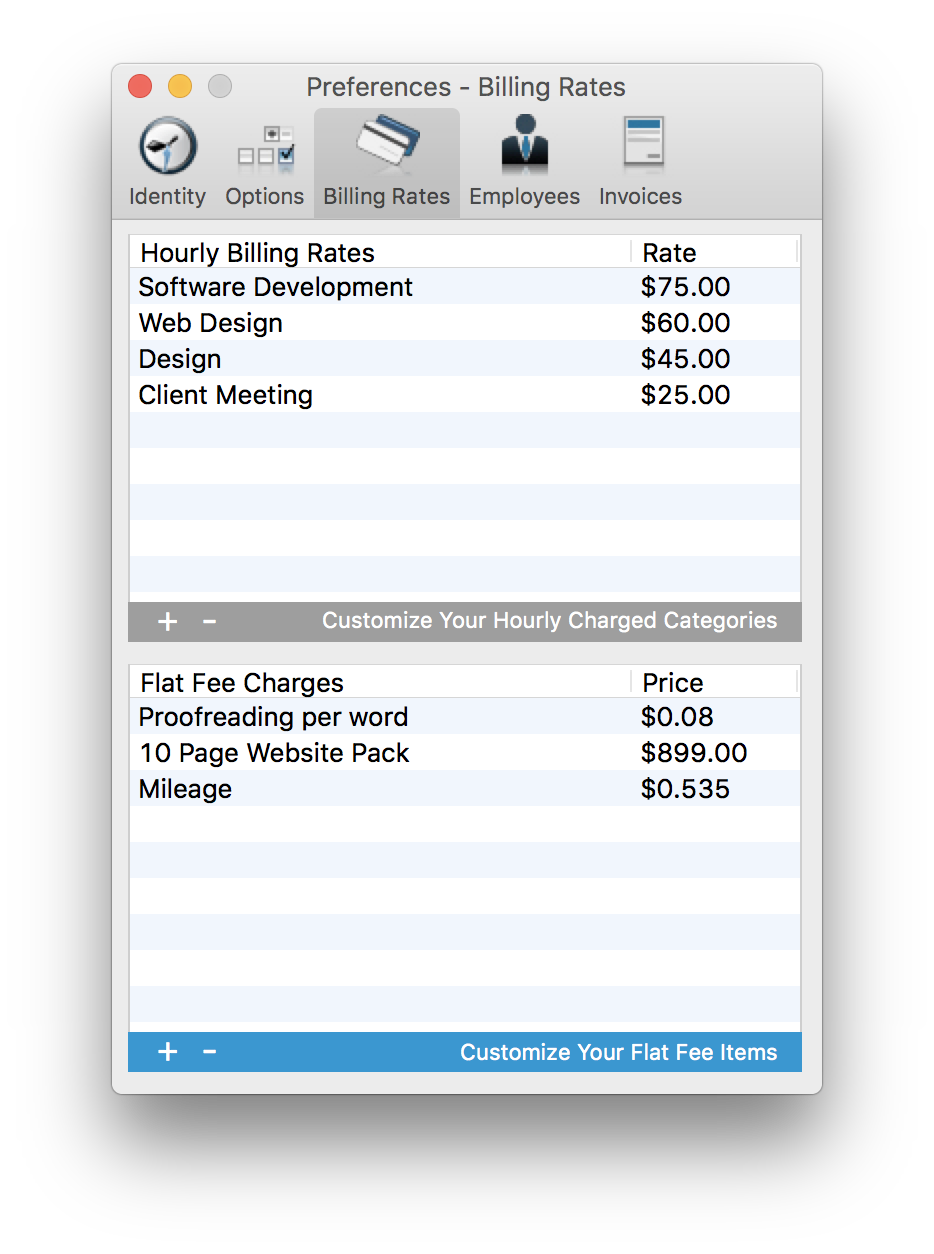
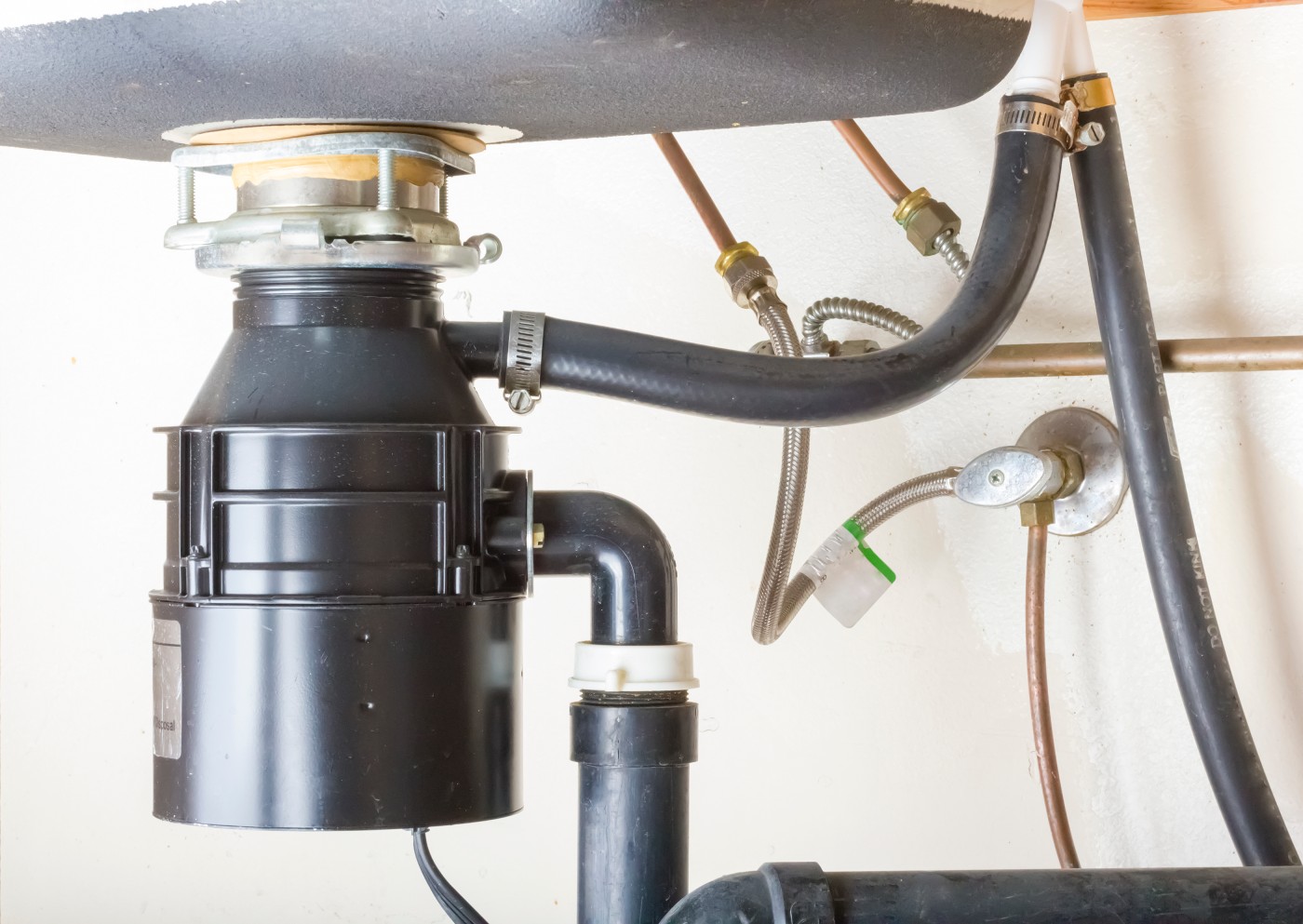

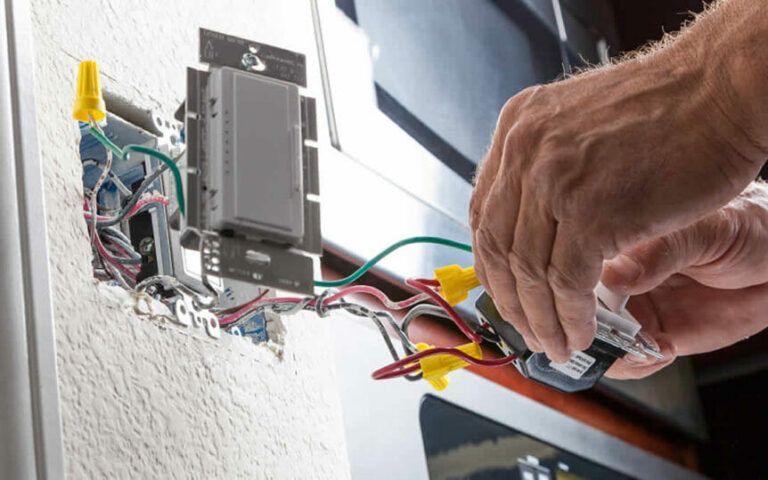





-8e296a.png)
